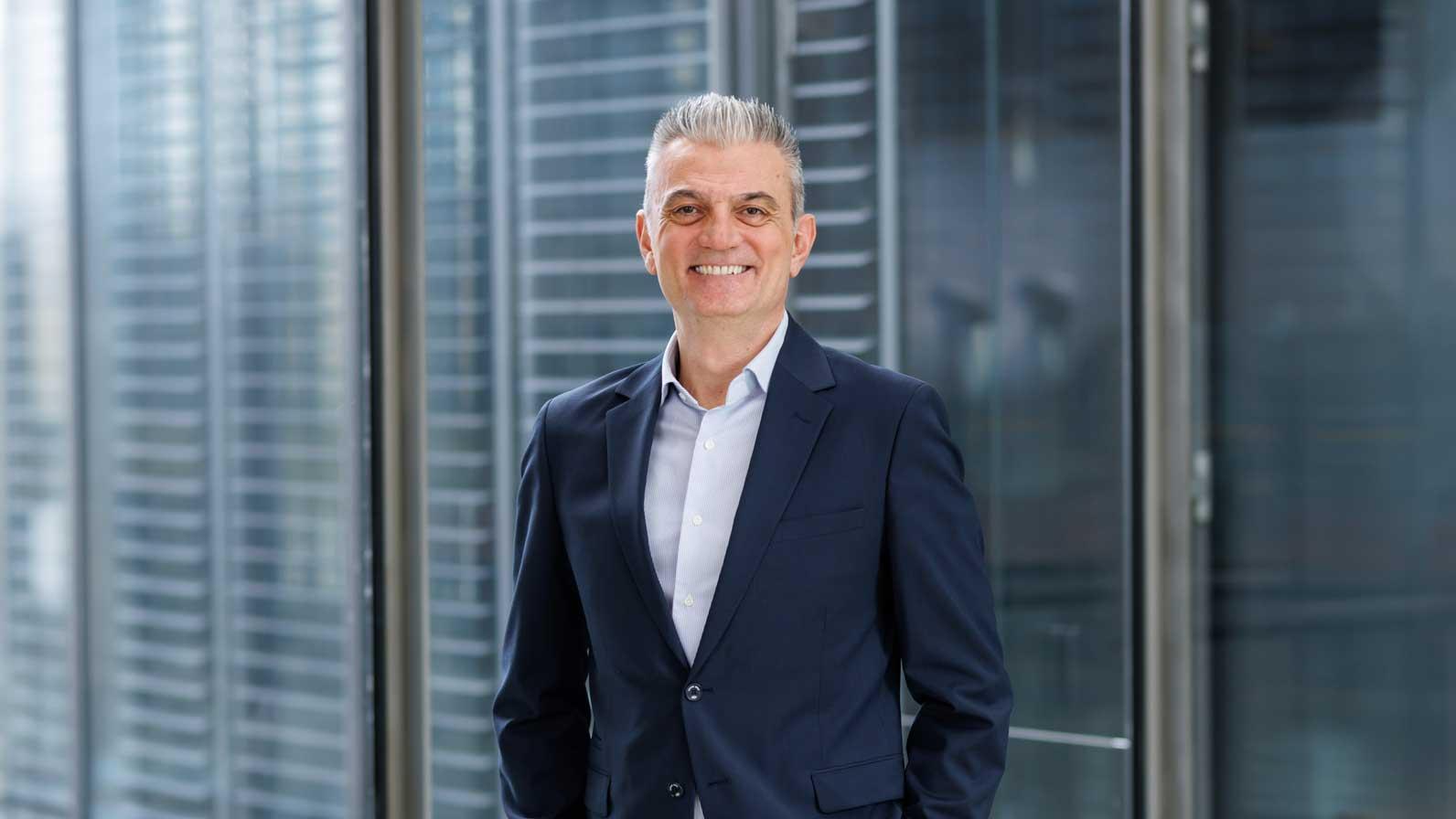DHL Supply Chain has established a dedicated chief executive officer role for the Middle East & Africa (MEA) for the first time and appointed Orkun Saruhanoglu as CEO, DHL Supply Chain MEA.
Saruhanoglu will report to Hendrik Venter, who previously served as CEO DHL Supply Chain Europe, Middle East & Africa (EMEA) and has now been appointed CEO, DHL Supply Chain.

Orkun Saruhanoglu, CEO of DHL Supply Chain MEA. [Source: DHL]
DHL said the new structure is expected to bolster the region's management team, enhance DHL's product range, and build supply chain resiliency across the Middle East and Africa.
The appointment supports DHL Supply Chain's regional focus on end-to-end contract logistics, from warehousing and fulfilment to aftermarket services, for multinational and SME customers across technology, automotive, aviation, energy, engineering and manufacturing, e-commerce, fashion and luxury.
"Orkun brings strong expertise and a proven track record of enhancing end-to-end supply chain operations and customer development. His knowledge of DHL's operations and commitment to our objectives will be invaluable and he will make a significant positive impact on the board. The MEA region within DHL Supply Chain is set for accelerated growth and having Orkun in the region will provide the required level of focus," Hendrik Venter, CEO, DHL Supply Chain, said.
Saruhanoglu has been with DHL for 27 years, leading operations in Türkiye and Central & Eastern Europe (CEE).
As CEO of CEE, he significantly grew the inbound-to-manufacturing portfolio, particularly in the automotive sector; played a pivotal role in creating ASMO, the joint venture between Aramco and DHL in the Middle East; and delivered best-in-class customer and employee engagement.
Continued focus on Middle East, Africa
The DHL Group continues its focus on the world's most dynamic growth corridor, the Middle East and Africa.
The Group recently announced plans to invest more than €500 million in the Middle East, with a strategic focus on the rapidly expanding Gulf markets of Saudi Arabia (KSA) and the United Arab Emirates (UAE).
Growth in market potential, infrastructure development, foreign direct investment aimed at diversifying global supply chains, and the expansion of e‑commerce are driving demand for outsourced contract logistics services in Africa. The appointment is intended to expand the region’s logistics capacity and address demand for specialised services.



